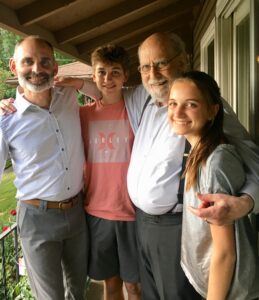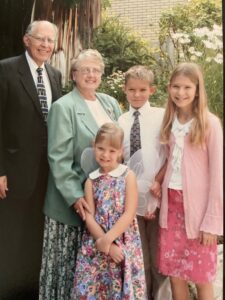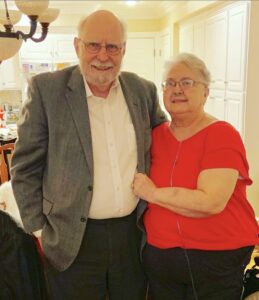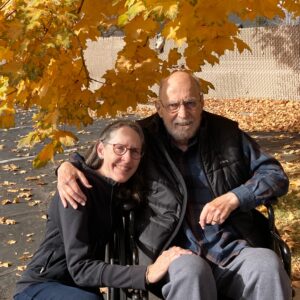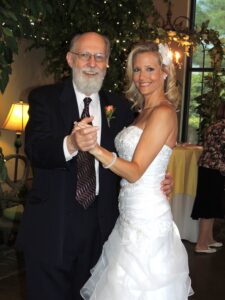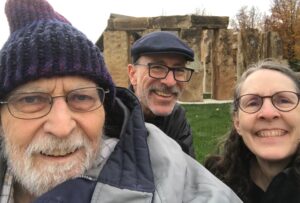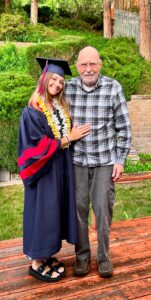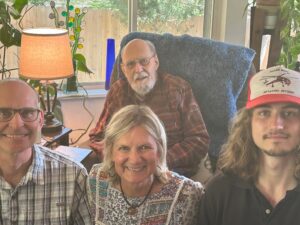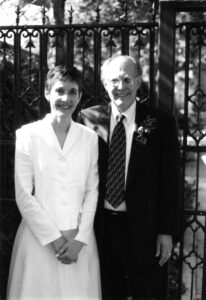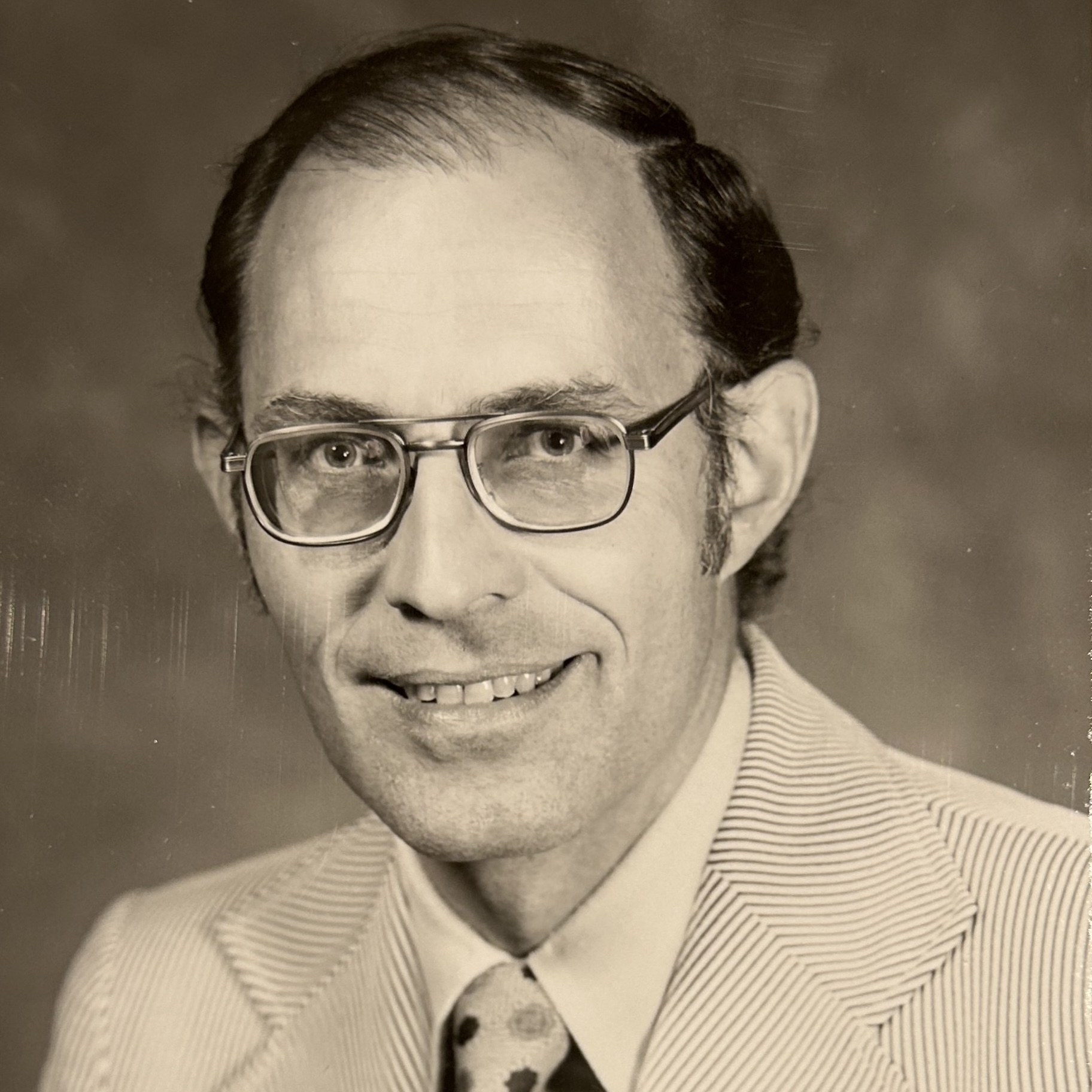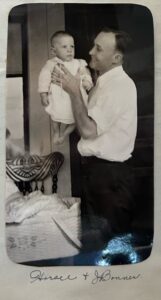
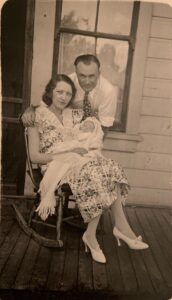 In the spring of 1935, Arvilla Wootton Ritchie and Horace J Ritchie traveled from Heber City to Salt Lake City, Utah for Arvilla to give birth to their son. J Bonner Ritchie was born on May 16, 1935. Bonner spent his early years in Heber where he excelled in school. He received much encouragement from his academic mother and former-teacher grandmother Ida Bonner Wootton (or M’Ida as he lovingly called her). M’Ida lived with his family and doted on him for his entire childhood. He had fond memories of the mountain valley of Wasatch County and listened to many stories from his relatives about the family’s history in the valley.
In the spring of 1935, Arvilla Wootton Ritchie and Horace J Ritchie traveled from Heber City to Salt Lake City, Utah for Arvilla to give birth to their son. J Bonner Ritchie was born on May 16, 1935. Bonner spent his early years in Heber where he excelled in school. He received much encouragement from his academic mother and former-teacher grandmother Ida Bonner Wootton (or M’Ida as he lovingly called her). M’Ida lived with his family and doted on him for his entire childhood. He had fond memories of the mountain valley of Wasatch County and listened to many stories from his relatives about the family’s history in the valley.
 At age 12, his family made the dramatic move to San Francisco, California to create better opportunities for the family, particularly education for Bonner and his younger brother Russell. In his teenage years in San Francisco he delivered newspapers, played basketball and other sports, drove the steep streets (including as a delivery driver), attended sporting events, and most importantly developed friendships with people of different cultures, races and ideologies. These friendships offered him different ways of being in the world, setting the stage for a lifetime of international and multicultural exploration, research and friendships.
At age 12, his family made the dramatic move to San Francisco, California to create better opportunities for the family, particularly education for Bonner and his younger brother Russell. In his teenage years in San Francisco he delivered newspapers, played basketball and other sports, drove the steep streets (including as a delivery driver), attended sporting events, and most importantly developed friendships with people of different cultures, races and ideologies. These friendships offered him different ways of being in the world, setting the stage for a lifetime of international and multicultural exploration, research and friendships.
Bonner served as an LDS missionary in the Eastern States Mission from 1955 to 1957, with time in New York City, Pittsburgh, Palmyra (doing publicity for the Church’s Hill Cumorah Pageant), Harrisburg and other smaller towns in the region. It was an influential experience for Bonner as he experienced more of the world’s diversity.
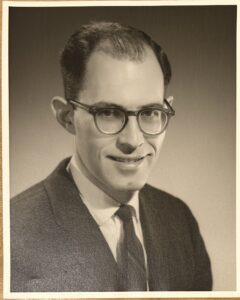 After his mission, he completed his bachelor’s degree (1960) and later a PhD (1968) at the University of California, Berkeley. Amazingly, all of his education was tuition-free, because California provided free college tuition to state residents (bachelor’s degree) and the GI bill for veterans like him (graduate school). For his PhD, he studied labor economics and organizations. In the Bay Area he met Dolores Chase through church activities and they married in 1959. They soon went to Germany for his work in the US Army from 1959 to 1963. Their first child Marcelyn was born in Kaiserslautern, Germany in 1961. This was the cold war period and Bonner and his colleagues were in charge of nuclear weapons that could possibly be used against adversaries to the east, and there were times and commands that almost made that scary proposition come to pass. He said this is when he really became excited about the field of organizational behavior (though it was not called that then). During this time he was also the LDS branch president on the military base.
After his mission, he completed his bachelor’s degree (1960) and later a PhD (1968) at the University of California, Berkeley. Amazingly, all of his education was tuition-free, because California provided free college tuition to state residents (bachelor’s degree) and the GI bill for veterans like him (graduate school). For his PhD, he studied labor economics and organizations. In the Bay Area he met Dolores Chase through church activities and they married in 1959. They soon went to Germany for his work in the US Army from 1959 to 1963. Their first child Marcelyn was born in Kaiserslautern, Germany in 1961. This was the cold war period and Bonner and his colleagues were in charge of nuclear weapons that could possibly be used against adversaries to the east, and there were times and commands that almost made that scary proposition come to pass. He said this is when he really became excited about the field of organizational behavior (though it was not called that then). During this time he was also the LDS branch president on the military base.
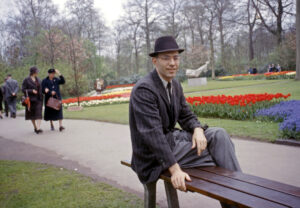
Back in California, Bonner completed his PhD at the University of California. Son Marc was born in 1966 in Berkeley. Bonner’s church service in the Berkeley area included teaching early morning seminary and serving in bishoprics of the University Ward right after his mission and the Claremont Ward in later years. Bonner’s first teaching job after graduate school took the family to Ann Arbor, Michigan in 1967 where Bonner taught for 6 years in the business school of the University of Michigan. Bonner won the teacher of the year award. Many graduate students were mentored by him and went on to impressive careers. Bonner liked to tell the story about being selected for a teaching award at Michigan, which was temporarily rejected by the Dean, but then reinstated by the university president who respected him. That was representative of the headstrong, bold and sometimes controversial work that he did while at Michigan.
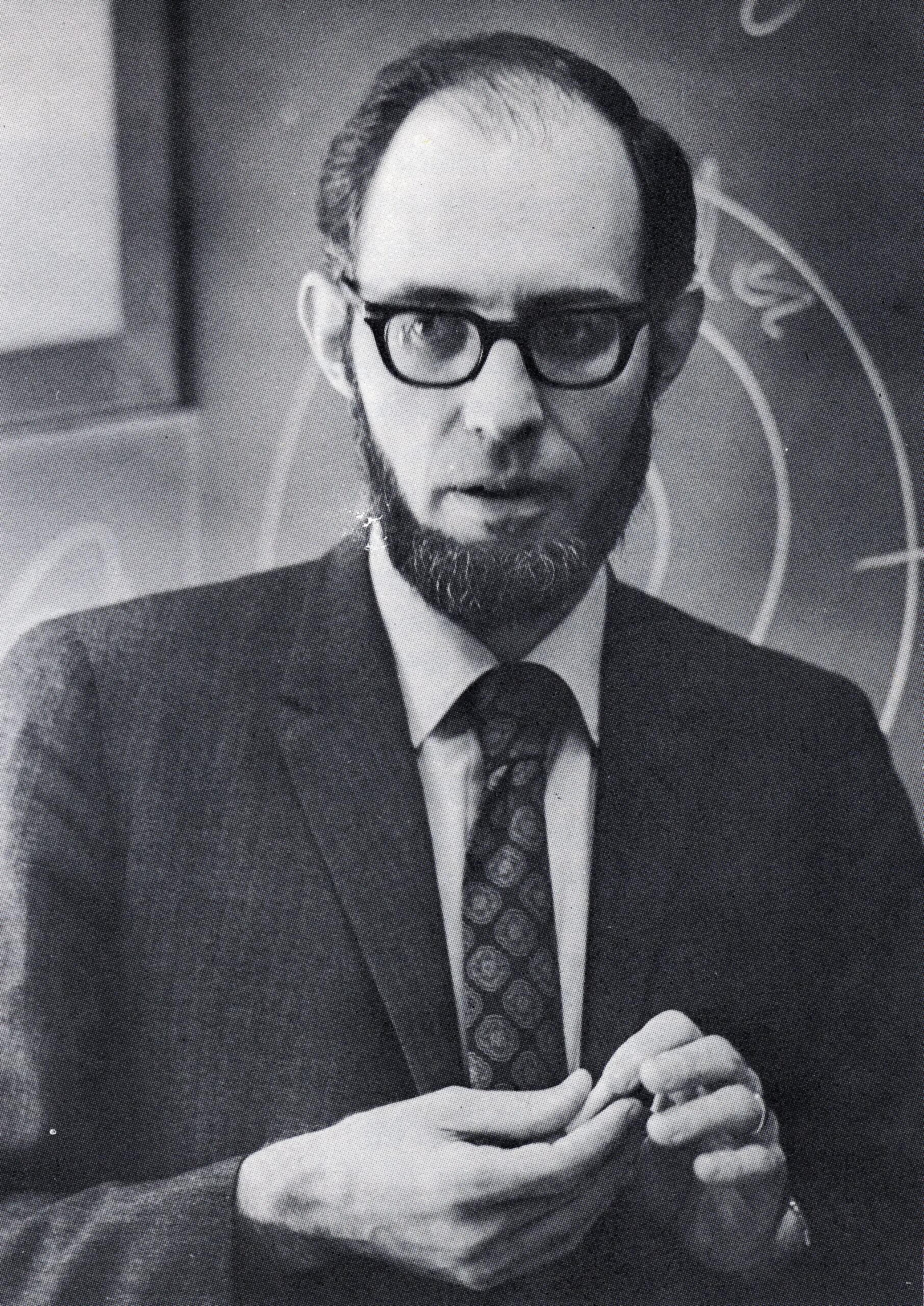
While in Michigan Bonner was bishop of the Ann Arbor Ward and prided himself on his efforts to be inclusive and supportive of people on the margins, which included accepting a request by Black Economic Development League to speak in his ward. Many people were supportive including the Stake President Carl Hawkins. A few members were not enthusiastic.
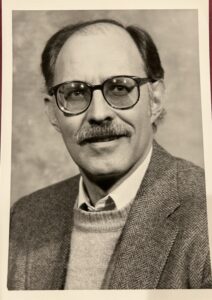
Bonner and the family moved to Orem, Utah in 1973 when he took a position at the newly forming and innovative Organizational Behavior department at Brigham Young University. At BYU, he mentored hundreds of graduate students, many of whom became lifelong friends. He was department chair for a period and received numerous teaching awards. During this time he was introduced to the people and issues of Palestine and the Middle East through his dear friend Omar Kader, and an invitation from Elder Howard W. Hunter to build bridges between Arabs and Jews. This led to many teaching positions in the West Bank, Jordan and other places in the broader region over subsequent decades. He developed a love of the Palestinian people and sorrow for their suffering. He mentored many Arab students and taught many Americans about the region and the need to be understanding of the different communities, particularly the oppressed Palestinians.
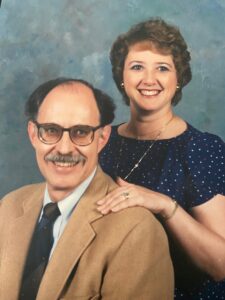 During this period, his marriage to Dolores ended, and in 1982 he married Lois Ann Mills Young who also worked at BYU. He became a father figure to her two children Kristy and Steven Young. Lois was a devoted partner in marriage as well as in teaching courses and training programs with him around the world.
During this period, his marriage to Dolores ended, and in 1982 he married Lois Ann Mills Young who also worked at BYU. He became a father figure to her two children Kristy and Steven Young. Lois was a devoted partner in marriage as well as in teaching courses and training programs with him around the world.
Bonner retired from BYU in 2000 and the final work chapter of Bonner’s life was at Utah Valley University where he was interim dean of the business school and taught classes on ethics and organizations. At UVU he mentored many younger faculty, administrators and students.
Over all of those years Bonner did consulting work around the world to teach, challenge and motivate organizations to think more creatively and work more effectively and ethically. He published many articles (posted here) and a textbook on organizational behavior with colleague and dear friend Paul Thompson.
Relationships are what Bonner valued most, especially supporting individuals over organizations. He tried to protect people from the abuses of the powerful. He cared about the people who were discriminated against and so he worked to help people of color, Native Americans, Palestinians, women and other marginalized groups. He developed deep bonds with colleagues, students and friends at all the universities and places where he taught and visited throughout the world.
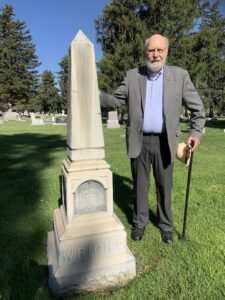
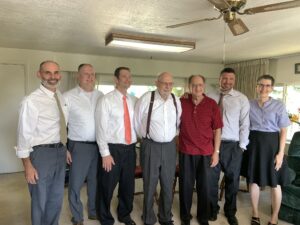
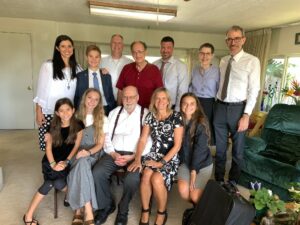
Bonner was especially proud of his four children and nine grandchildren who were the joy of his life. He endured dialysis three days a week during his last four years (age 85 to 89) in large part to spend more time with his dear grandchildren. His last few weeks of life were enriched by a parade of friends and family who came to visit and pay tribute to their mentor, friend, uncle, father, and grandfather. Bonner was preceded in death by his wife Lois in 2019. After the passing of his dear wife, Bonner was able to live his last five years in his Provo home, with devoted care from Kristy and other family members and the support of dear friends and ward members. His loving friends took him to dialysis 3 days a week for four years.
Bonner is survived by his brother Russell (MaryAnn); his children Marcelyn Ritchie (Keith Bartholomew), Marc Coles-Ritchie (Marilee), Kristy Young Cherrington (David Cherrington) and Steven Young (Cari), and grandchildren Elan Bartholomew, Aidan Coles-Ritchie, Emilia Coles-Ritchie, Kelcy Cherrington Mueller (Keenan), Robert Cherrington (Jill), Bailey Cherrington, Sean Young, Madison Young, and Isabelle Young; and a number of nephews, nieces and other loving relatives, including Tiffany, the mother of Sean and Madison.
